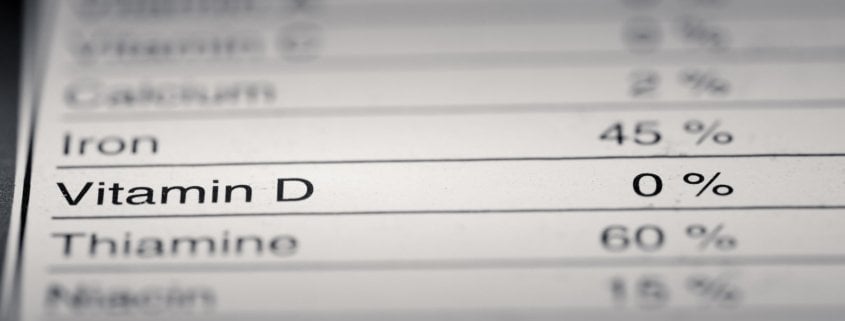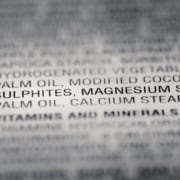Misleading Labeling Claims Can Land Food Companies in a Lawsuit
In today’s modern society, most consumers are driven to purchase healthy foods. Customers take the time to read and compare food labels to decide which products are right for them. Food producers use labels as a marketing ploy. Food manufacturers love to claim different kinds of health benefits to boost their products’ sales. Unfortunately, many of these claims are misleading.
The Problem with Misleading Food Labels
Food and beverage brands come up with the latest buzzwords that are designed to boost product sales. Consumers expect the labels to be truthful so that they can make healthier choices. Moreover, they assume that the government is keeping a strict eye on the food manufacturers.
While there is some truth to this, what’s good to know though is the system is currently working to make companies accountable for their misleading food labeling. On August 12, 2016, the company Nature’s Way falsely labeled its coconut oil as healthy; thus, a California federal judge found that the firm’s advertising and labeling are misleading.
The company branded their products as a healthy alternative to shortening, margarine, butter and other cooking oils despite the fact that it is not much better than those products. Moreover, the company’s advertising and product labeling violated several state food regulations in Canada.
Food Labeling Laws
Food manufacturers are expected to evaluate their foods and make their nutrition labels. They are allowed to make a margin of error of plus or minus 10%. The Food and Drug Administration imposes that all food producers are straightforward when it comes to labeling their food products. For instance, products that are labeled as “natural” may contain surprisingly unnatural ingredients. Moreover, food manufacturers should also include the exact serving size and calories on the label as part of FDA regulations.
 FDA Issues Public Warning
FDA Issues Public Warning
With the increasing trend of using misleading labels, the FDA strictly defines the term “natural” in food products, and it restricts many food manufacturers to abuse such claim. Those who do not comply with the agency often suffer repercussions.
For instance, the agency issued a public warning letter in 2014 to Premier Organics about its product named Arisana Coconut Butter Whole Coconut Flesh is not healthy because it contains high amounts of saturated fat per serving.
Another company that has found itself in hot water with the FDA was General Mills. The company experienced a lawsuit when it allegedly claimed that the product Cheerios Protein is a protein-rich version of the regular Cheerios when, in fact, it does not contain significant amounts of added protein.
The false advertising of many companies has led to the proposal of the Food Labeling Modernization Act to streamline food labeling and create a standard labeling requirement for all food products. With this proposal, food manufacturers will be more careful in using buzzwords like “natural” and “healthy.”
Source: legalnewsline.com






